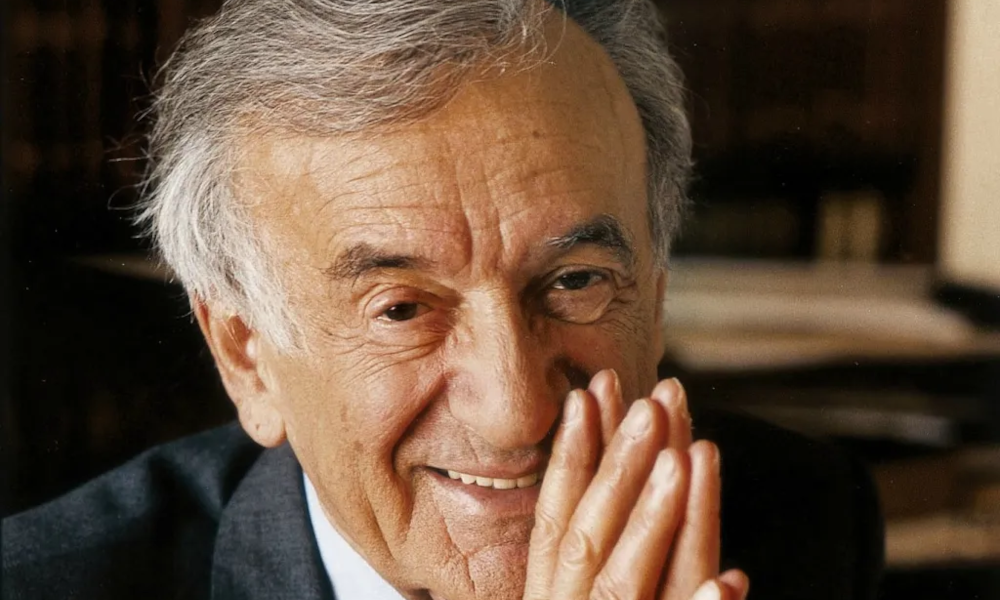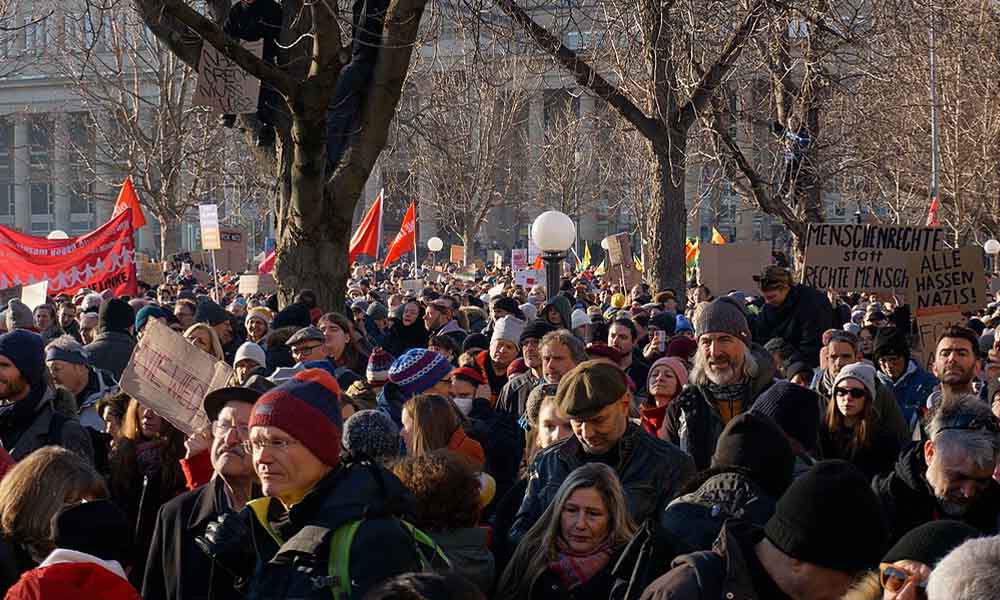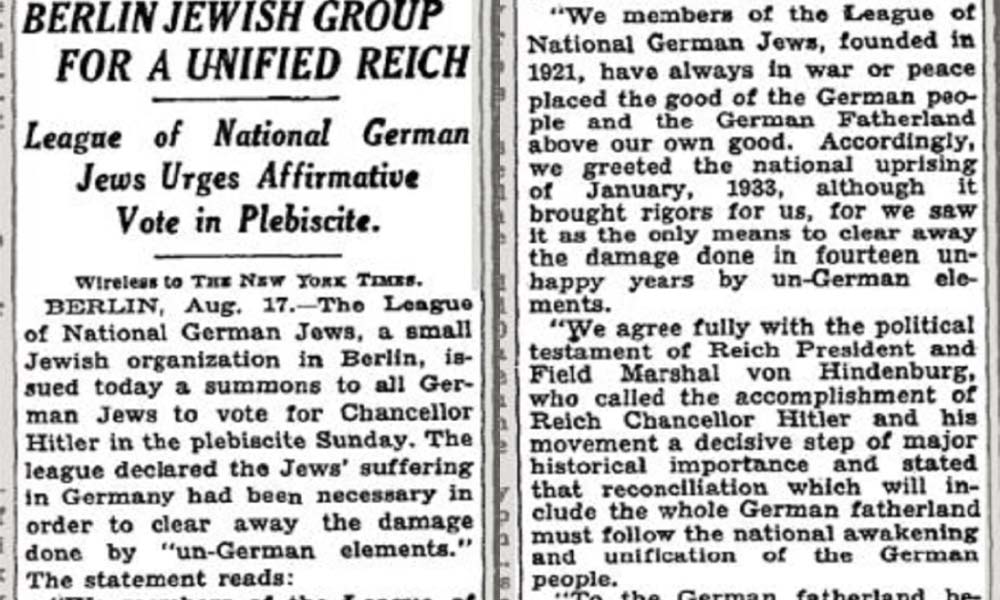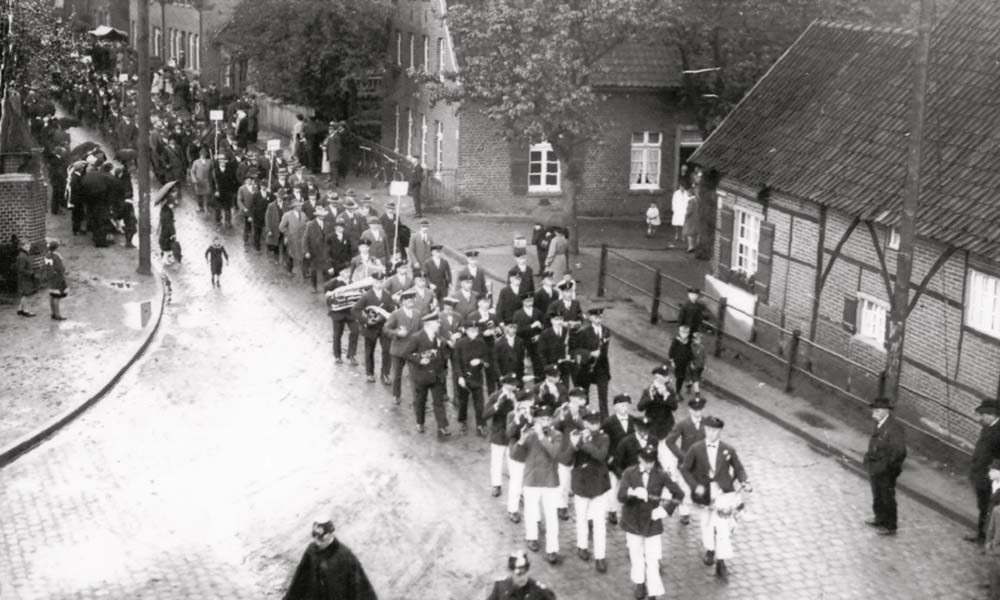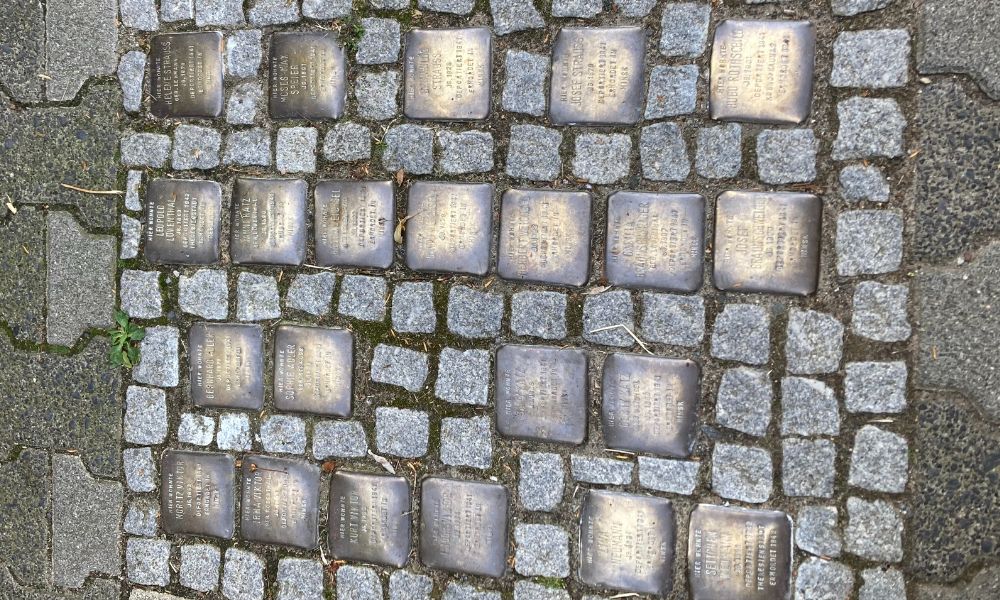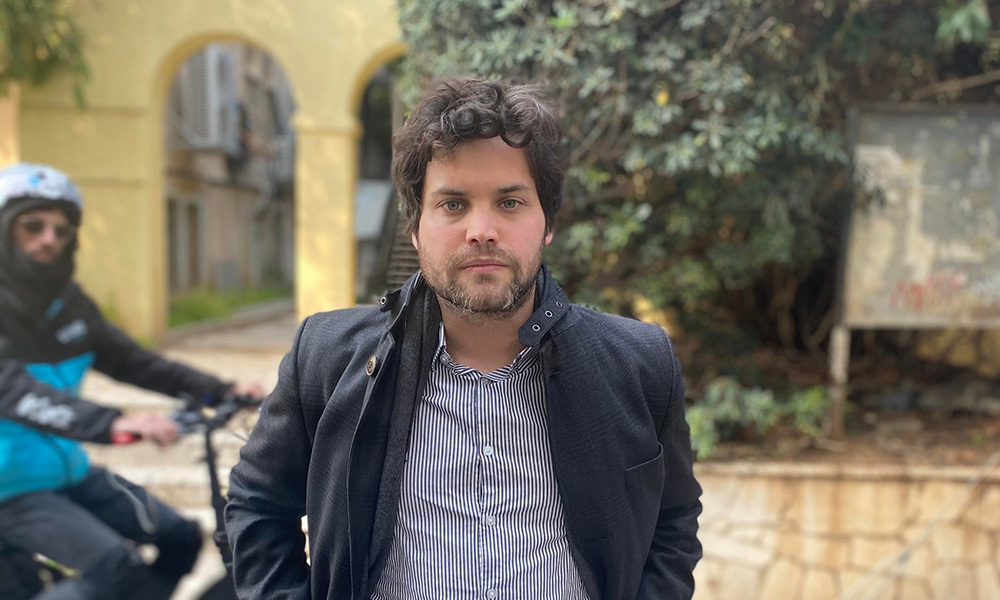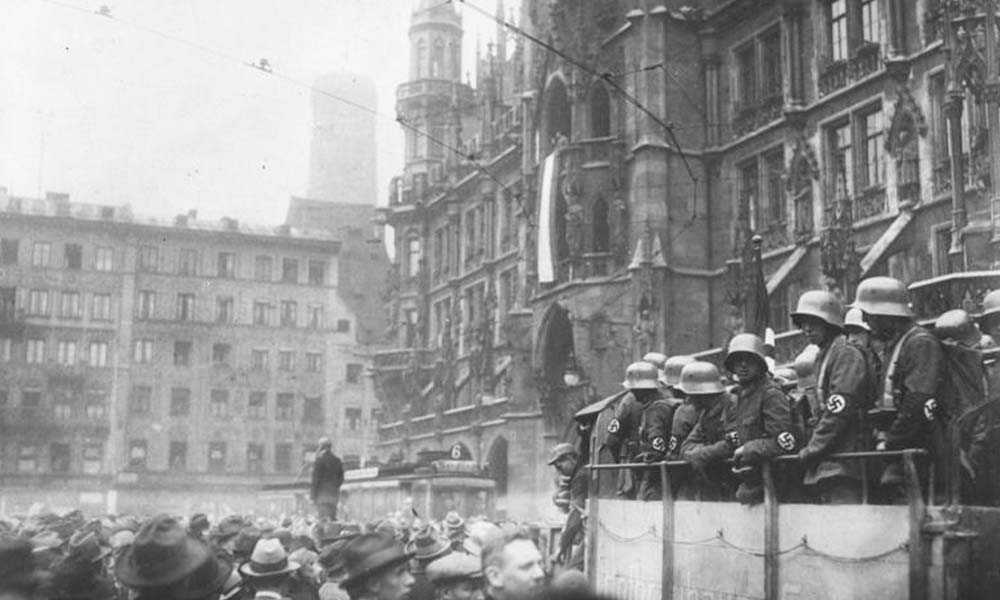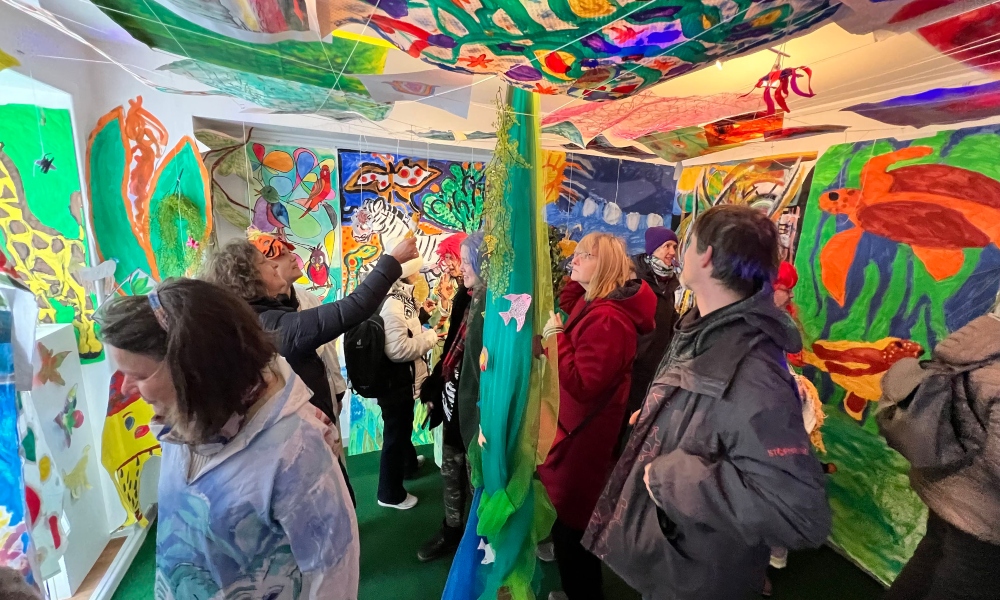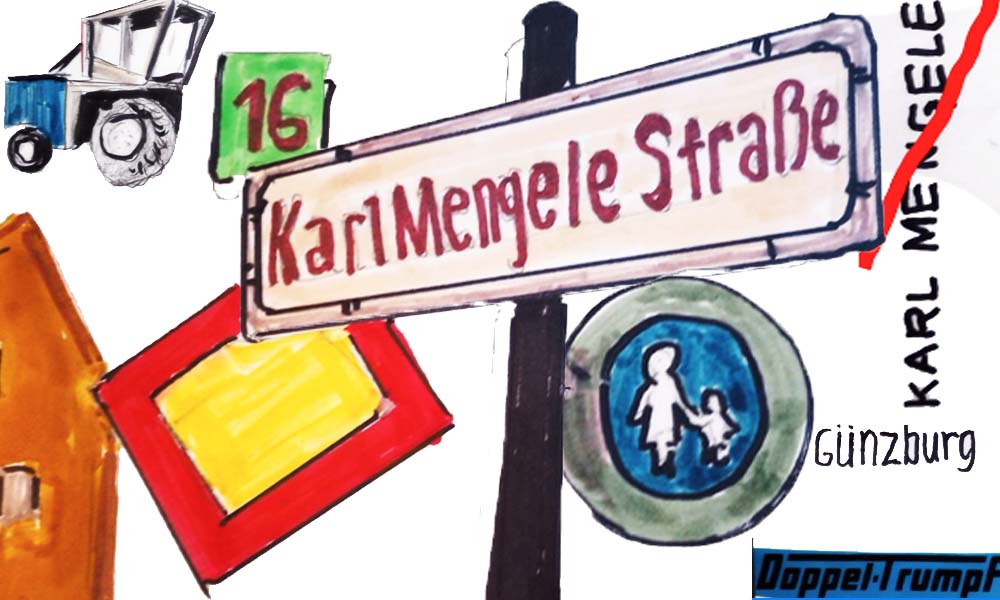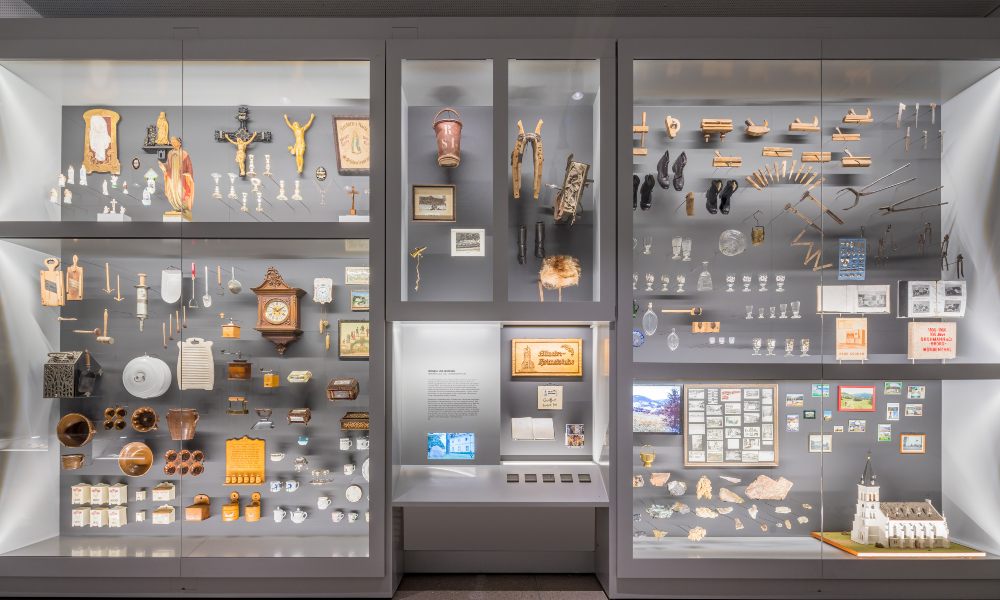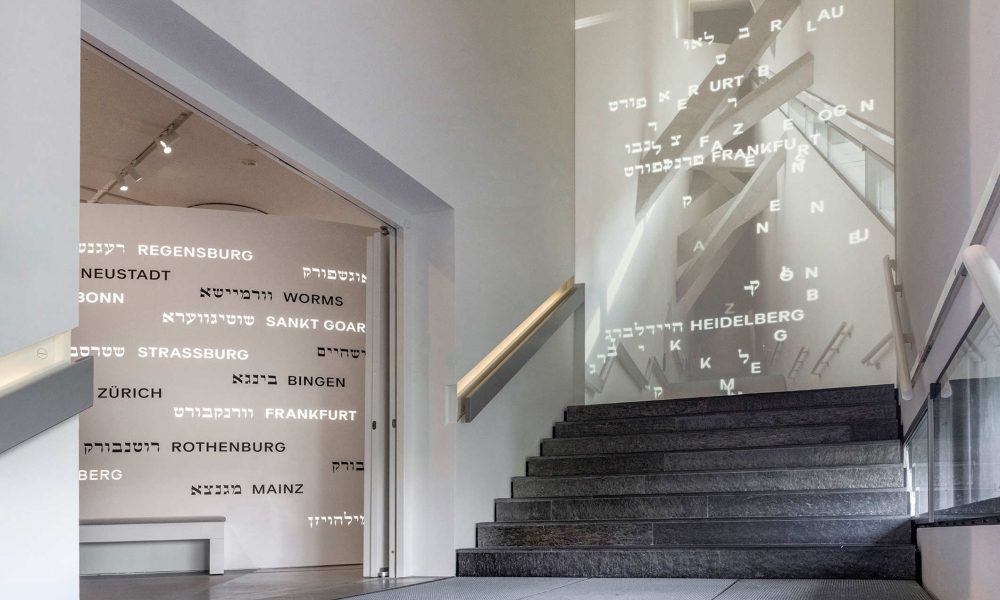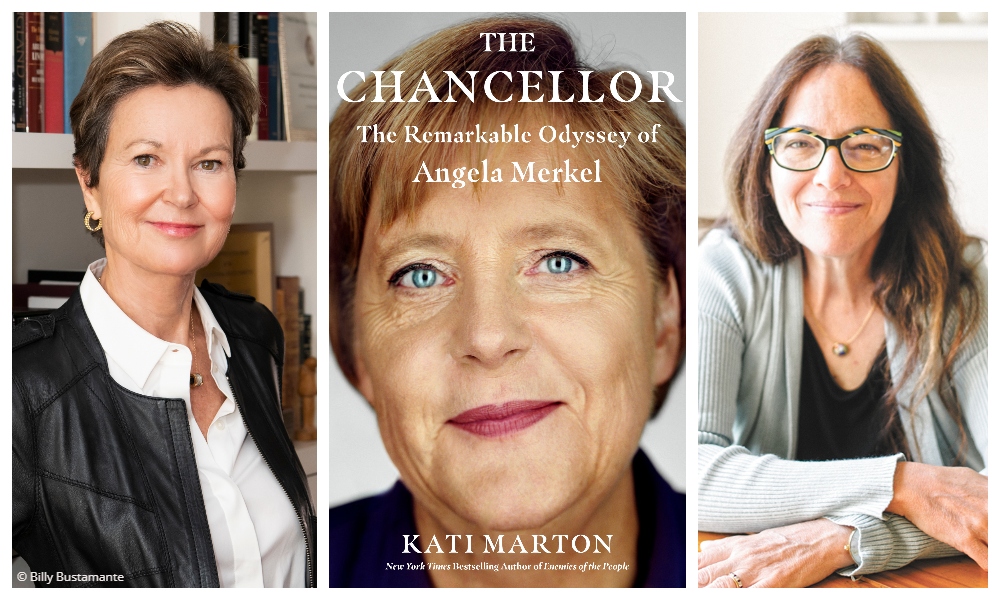From 1975 | Remembering
In those days and nights of destiny, the solitude of the Jewish people was matched only by God's... We let them suffer alone, fight alone. And yet, and yet. They did not die alone—not quite— for something of all of us died with them.
“Next Time We’ll Come First,” Says AfD Leader
AfD gaining power in Germany, Australian nurses threatening Israeli patients and more.
Hitler’s Enablers Included Conservative German Jews
History is replete with examples of people naïvely voting against their interests or loving a leader who doesn’t love them back.
Opinion | In Praise of Germany’s Flawed ‘Culture of Remembrance’
I hope I’m not being naïve in thinking that what these memory activists accomplished endures and their dedication still inspires.
Memoir | Set in Stone, Stumbling Home
Jane M. Friedman details her experience receiving the Stolpersteine of her relatives who were persecuted and escaped or were murdered during the Holocaust.
In Berlin, Some Israeli Ex-Pats Organize Against Germany’s Support for Israel
Flaschenberg views his group as a “kosher certificate” for opinions that may be perceived as too critical or controversial in Germany.
Hitler’s Beer Hall Putsch, an Anti-Jewish Pogrom, and the U.S. State Department
The Americans soon forgot the turmoil in the streets of Munich in the fall of 1923. The Jews of Munich did not.
Can Jewish Artists Transcend Germany’s Past?
Some Jewish artists are unwilling to be confined to what artist Rachel Libeskind calls the “claustrophobic limbo” of Germany’s past.
Moment Memoir | Shame, Names and the Mengele Tractor Factory
I learned about the Mengele tractor factory in 1981 when I was trying to get from Denmark to Italy by rail. I simply could not...
Victimhood in the Land of the Perpetrators
More than 20 years in the making, the Documentation Center for Displacement, Expulsion, Reconciliation aims to initiate a conversation about forced migration in 20th-century Europe.
The Future of Berlin’s Jewish Museum
With a new core exhibition and a new director, the Jewish Museum Berlin hopes to overcome past controversies and make the museum a space for people of all backgrounds to engage with the history of Jewish life in Germany.
The Remarkable Odyssey of Angela Merkel with Kati Marton and Amy E. Schwartz
Angela Merkel, who just stepped down as German chancellor after a remarkable16 years, has redefined the image of a woman leader. A pastor’s daughter raised in Soviet-controlled East Germany, Merkel worked as a research chemist before entering politics and rising to become the unofficial leader of the West. Award-winning journalist Kati Marton, author of The Chancellor: The Remarkable Odyssey of Angela Merkel, shares how Merkel helped shape Germany into what some call the world’s moral center, and explores her legacy—including allowing Middle Eastern refugees to enter Germany while the world looked away. She also discusses the rise of the far right Alternative fur Deutschland (AfD) and Merkel’s complicated relationships with other world leaders such as Barack Obama, Donald Trump and Vladimir Putin. Marton is in conversation with Amy E. Schwartz, Moment’s Book & Opinion Editor.

